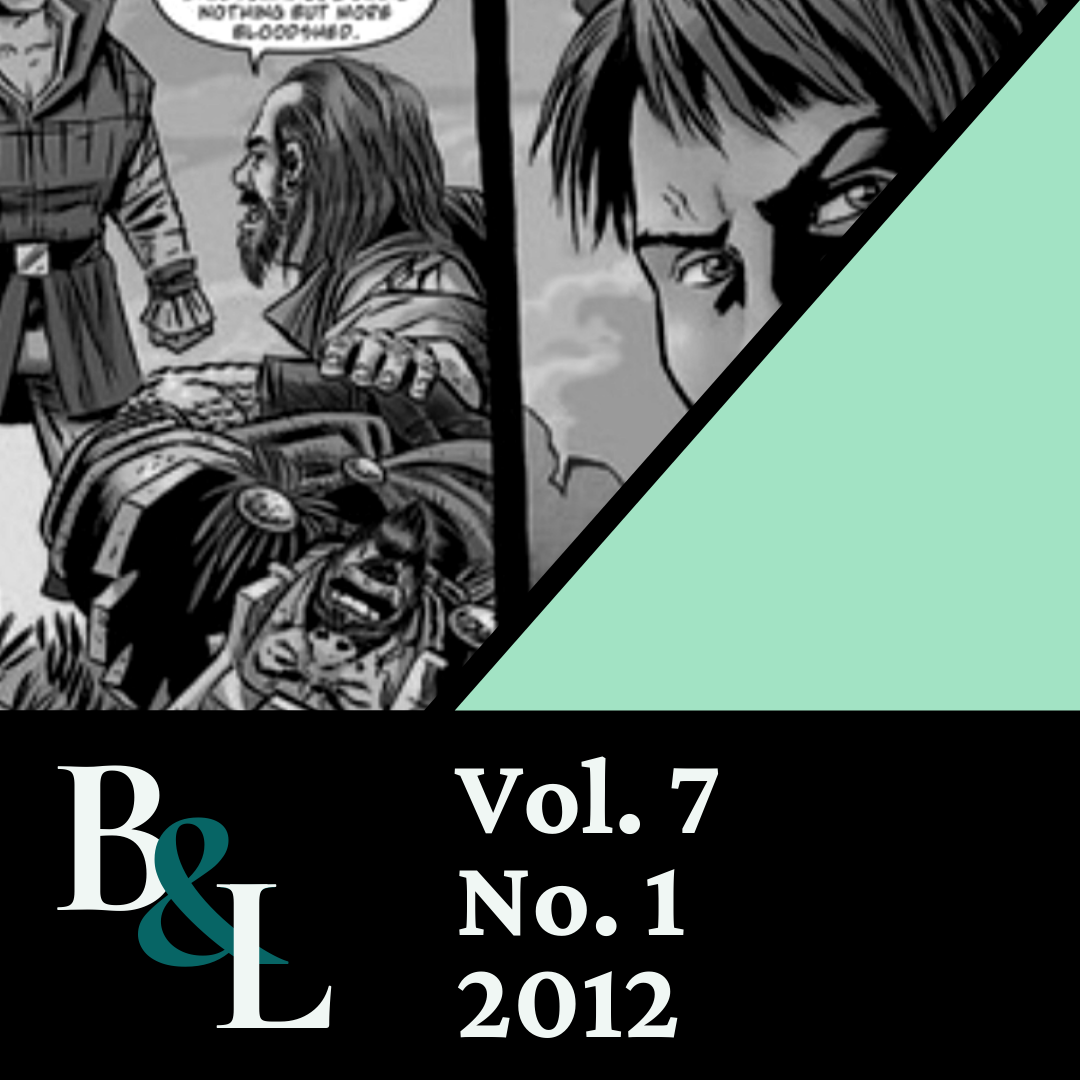Playing the Fool with Shakespeare
Festivity, Falsity, and Feste in Twelfth Night and King of the Masquerade
Keywords:
Twelfth Night, Caribbean, NovelAbstract
This paper examines the appropriation of a Shakespearean character within the context of twentieth-century Trinidad in the novel King of the Masquerade, by Michael Anthony. Although King of the Masquerade does not simply rewrite Shakespeare's Twelfth Night, a comparison between the two works reveals a strong resemblance between them in their treatment of theme, in their exploration of the tensions between two opposing groups and, to a certain extent, in terms of characterization. In both texts, the Shakespearean fool also cleverly brings together differing perspectives about what constitutes acceptable and unacceptable behavior, high and low culture. King of the Masquerade is not overtly counter-discursive to the play, so the engagement with Shakespeare in the Caribbean is nuanced in different ways, and the novel's exploration of various attitudes to Shakespeare gives a broad picture of the complex relationship between Caribbean postcolonial society and what was considered a metonym of colonial greatness and superiority.


